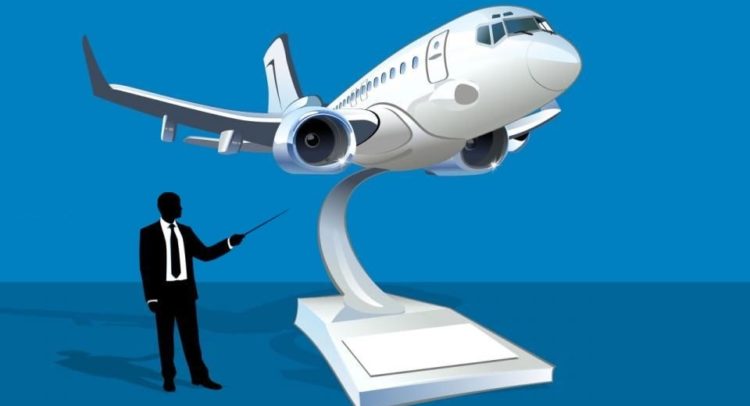As Boeing (BA) continues to make progress towards re-certification of the 737 Max airplane, the company now faces more important challenges. Global airlines continue to struggle financially and face dire passenger levels where new planes won’t be needed for years.
The aerospace giant has seen its shares rising on the hopes of an economic recovery. The biggest risk to the rebound story is that airlines don’t need the 737 Max after the long re-certification process following the two deadly crashes in early 2019.
Certification Progress
A few weeks back, Boeing and the FAA performed formal certification flight tests over a three-day period. The airplane manufacturer is now in the process of operational readiness reviews after the FAA reviews data from the test flights.
These flights to take place throughout July will feature federal pilots along with global airline crews in order to verify changes to the flight-control system. Once these tests are completed, Boeing will be on pace for a September return to service with the removal of the FAA order grounding the fleet of planes.
Zero Orders
The 737 Max certification process is now the least of the worries for Boeing. The airplane manufacturer has around 800 planes grounded and questions on whether airline customers even need these planes.
Due to the global pandemic hit to passenger traffic, airlines haven’t missed the ~400 planes grounded. So much so that American Airlines Group might cancel orders for 737 Max planes due to a lack of financing. Airlines like American Airlines want the new, fuel-efficient planes, but the airlines generally lack the capital and financing to buy a new plane with so many planes around in storage.
Norwegian Air recently canceled 97 orders with 92 737 Max planes. In addition, Avolon canceled another 27 orders last week. In total, Boeing should so over 700 cancelled orders for the 737 Max this year already while not obtaining any new orders in the last few months.
Boeing still has 400 Max planes in storage awaiting the lift of the FAA grounding order. The company will have to update these planes and certify them before even discovering whether customers will actually take the planes. And if they take these planes, the order backlog will dip by up to 400 planes further reducing the backlog that could suddenly become an issue never thought possible when the backlog was up to 6 or 7 years long.
Takeaway
The key investor takeaway is that the valuation for Boeing is questionable here with limited airplane demand over the next few years. U.S. passengers are only back to 27% of 2019 levels and the number needs to jump far closer to 2019 levels before airlines will buy new planes in mass.
Until the airplane manufacturer start doing far better financially, the stock isn’t appealing with a large market cap suggesting the value isn’t depressed while the customer base is struggling. Any positive news on the FAA re-certification of the 737 Max isn’t a reason to buy the stock.
Overall, the volatile aerospace player has the Street divided, as TipRanks analytics indicate BA as a Hold. Based on 17 analysts tracked in the last 3 months, 7 rate the stock a Buy, 7 say Hold, while 3 recommend Sell. Meanwhile, the 12-month average price target stands at $188.73, marking a modest 8% upside from current levels. (See Boeing stock analysis on TipRanks)
To find good ideas for stocks trading at attractive valuations, visit TipRanks’ Best Stocks to Buy, a newly launched tool that unites all of TipRanks’ equity insights.


















